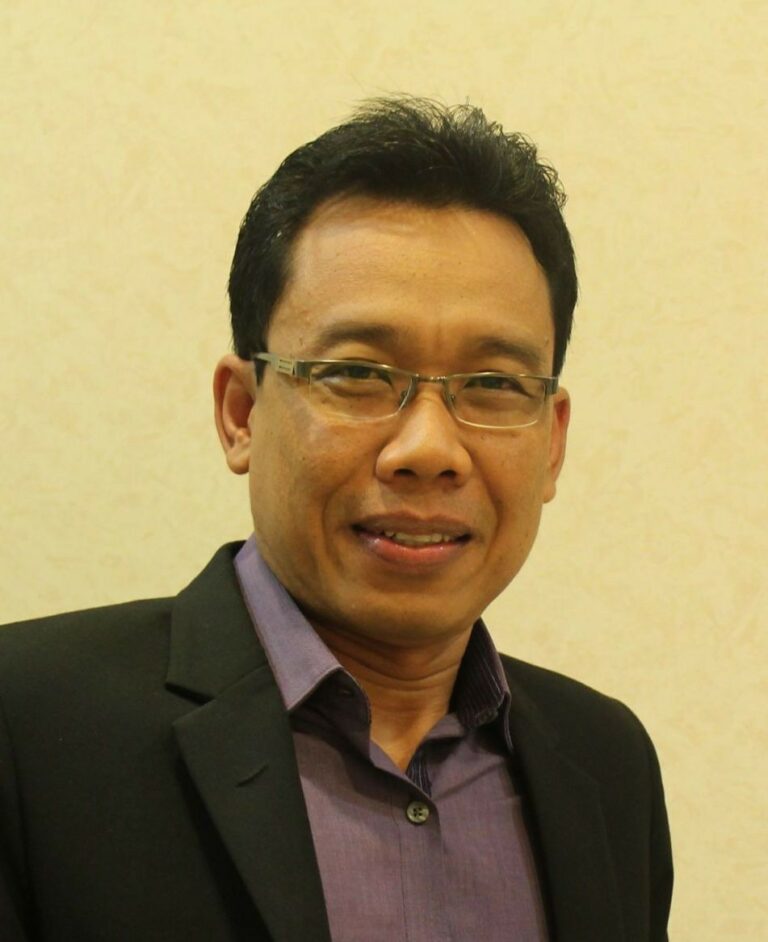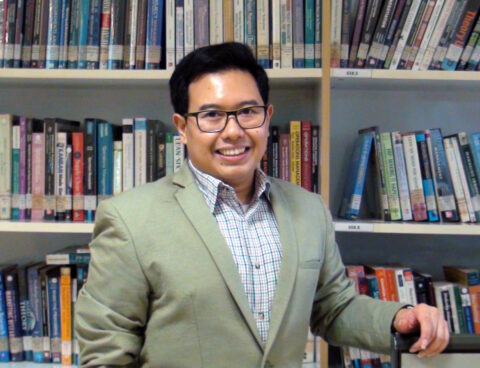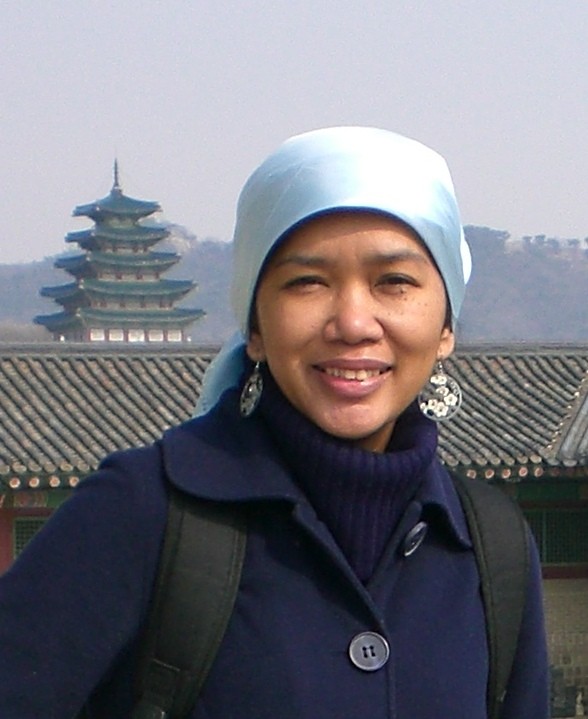Case Document
PROGRAMMING LANGUAGES AT GOOGLE: FREEDOM OR CONUNDRUM?
Not long after Larry Ellison’s of Oracle bought Sun Microsystems in 2010, Oracle filed a lawsuit against Google, which claimed Google had infringed its copyright by using 11,500 lines of Java code in its Android operating system. Oracle had contested that Google’s use of its proprietary Java code exceeded fair use, and was seeking damages of up to $9bn. When it was developed, Android partly used the programming language Java to build its API (Application Programming Interface). Java was a widely used language, developed by a company called Sun Microsystems in the 1990s.
More importantly, the fair use decision in this case sets a strong precedent in an industry where programs and apps are often as much constructed from various building blocks of code that already exist as they are from whole cloth. If the company that owns the original code language – as Oracle does with Java – can claim ownership over systems which use parts of its code, in varying sizes, that might have a serious dampening effect on developers, few of whom have Google’s deep pockets and batteries of legal artillery to call into battle in their defense. And in this Oracle and Google dispute, nothing less is at stake than the future of programming. Would a programming language continue to be a free and open? Would an API be considered as part of programming language or proprietary of its creator? What factors will affect a company like Google to create their own programming language? Would the programmers "language preference" be taken into account when they got involved in software development projects?
INDONESIA MENGAJAR: A GIFT TO THE NATION
The case presents an Indonesian NGO named Indonesia Mengajar (IM) and its holistic approach in education issue. IM believe that the society can be independent by and grow stronger, and believe that the education development in one area is determined by the educational local actors, such as teachers, parents, the regency government and the people.
The case shared the best practice of recruiting young people into education sector. However, IM’s teacher recruitment method is still questioned, whether being a teacher is a temporary or a lifetime profession? Lastly, the IM’s achievements and inspiring young educators’ stories were aims to stimulate the readers, how we as citizen can contribute in developing the nations.



